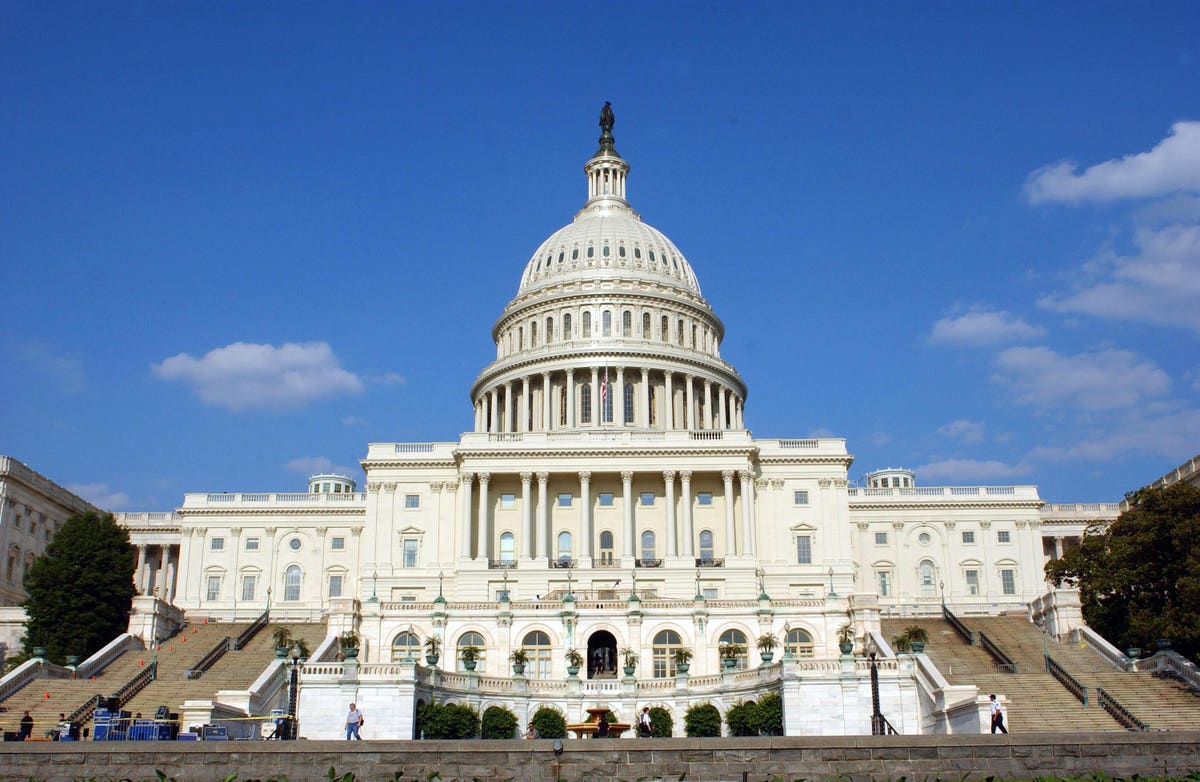Since July is ESG month with myriad ESG bills before Congress, Congresswoman Maxine Waters (D-CA), the top Democrat on the House Financial Services Committee, hosted a roundtable this afternoon to discuss the importance of empowering shareholders and stakeholders to better engage companies that they invest in, the importance of the SEC’s climate risk disclosure rule, the need to advance other ESG disclosures, and the importance of protecting the independence of (and promoting competition among) the proxy advisors.
It is a privilege to have been invited to contribute to the Roundtable on Empowering Shareholders and Stakeholders and the Importance of ESG Disclosures by sharing our work and my research. Please find my opening statement below.
Thank you to Congresswoman Waters and other members of the Committee for the opportunity to speak with you today on a topic of utmost importance: the freedom to do responsible investing.
It is an honor to be here. My name is Bhakti Mirchandani. I am Managing Director of Responsible Investing at Trinity Church Wall Street, where George Washington prayed. And I teach at Columbia University.
Trinity Church Wall Street is an Episcopal Church in New York that invests approximately half of its portfolio in a diversified pool of external asset managers and the remainder in Manhattan real estate.
First, what is responsible investing? It is sustainable investing plus encouraging others to invest sustainably and sharing how.
Over 90% of our assets explicitly use at least one form of responsible investing: strategic engagement is the most common, followed by ESG integration. Apart from our $100 million allocation to mission investing, we chose each and every manager with the goal of maintaining or increasing purchasing power so that Trinity’s ministries and programs can continue for generations. Responsible investing does not compromise our returns, and we appreciate having the freedom to use it.
We take a 3-pronged approach to responsible investing: (i) we take a manager baseline and screen for the future using our 3-pillar framework; (ii) we strengthen and support manager transitions to sustainability and inclusion; and (iii) we directly engage with or exclude companies based on a narrow set of racial justice issues.
(i) To screen managers for sustainability, we use a 20-factor framework that rolls into three pillars: portfolio sustainability, manager sustainability, and diversity, equity and inclusion or DEI. We collect information through conversations with investment team leaders at our managers and we score each factor between zero and one.
Both sustainable accounting standards board (SASB) standards and academic research influence our underwriting. We use SASB and its successor organization the International Sustainability Standards Board (ISSB) for their focus on “single materiality” or the ESG information that drives valuation and matters to investors. This is consistent with the SEC, which also focuses on single materiality.
There is a direct line between our transparency, business ethics, and DEI underwriting and SASB. We also use SASB to underwrite tenants in our real estate portfolio.
We underwrite the rate of sustainability improvements because research shows that sustainability improvements drive valuation premiums. We work with our managers on governance because research shows that a handful of ESG issues, like labor standards and business ethics are universally material.
(ii) We seek to meet managers where they are and serve as a thought partner and resource as they build capacity for responsible investing authentically. This means custom-tailored support for most of our portfolio, ranging from creating sustainability primers to crafting sustainability metrics. Also, each year we share best practices across the portfolio: DEI in 2021, climate in 2022, and governance this year.
Since climate is central to the hearings, I note that our managers range from risk management through climate-based exclusions and position-sizing to investing in climate solutions. Similarly, executive suites range from acknowledging and managing physical and transition risks to pursuing climate-related opportunities.
This work makes our portfolio more sustainable. We have found that the asset owner-asset manager dialogue is the fulcrum of the investment value chain and that together with our managers we can build more sustainable portfolios that also meet our investment objectives. According to research, strategic engagement is the most effective form of sustainable investing in terms of making an impact, and the only way for universal owner to increase returns is to improve the overall quality of companies market-wide. We appreciate the freedom to make strategic engagement central to our approach.
Beyond our portfolio, my colleague Sophia Tsai and I cofounded Institutional Allocators for Diversity Equity and Inclusion (IADEI) with Rob Rahbari and Stephanie Westen from the University of Rochester. IADEI is a consortium of 700 institutional allocators that maintains the largest open-source list of diverse managers on the Clade platform, organizes bimonthly diverse manager pitch sessions, runs a DEI and investing fellowship program, and published 14 articles on DEI and investing—all of this in less than 3 years with 100% volunteers. 700 senior institutional investment professionals see sufficient value in DEI to spend nights and weekends on this work.
Our third prong addresses any significant misalignment with Trinity’s core value of social justice on a narrow set of issues, including private prisons and guns.
I’m happy to discuss any of this further during the Q&A session.
Read the full article here



